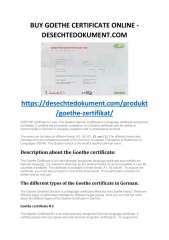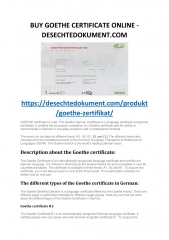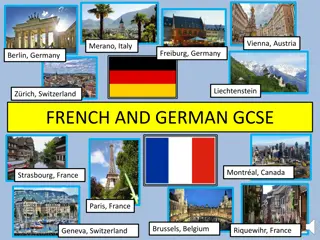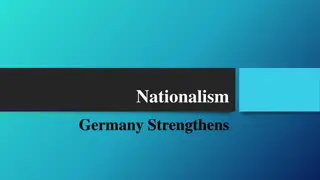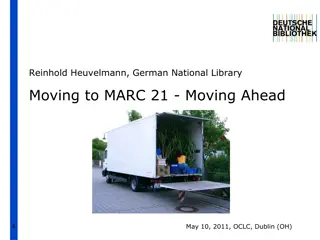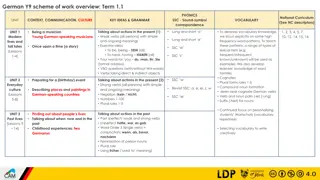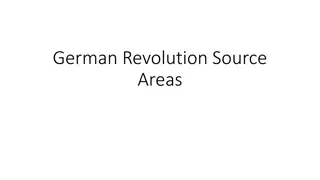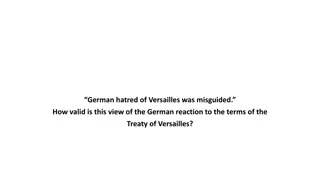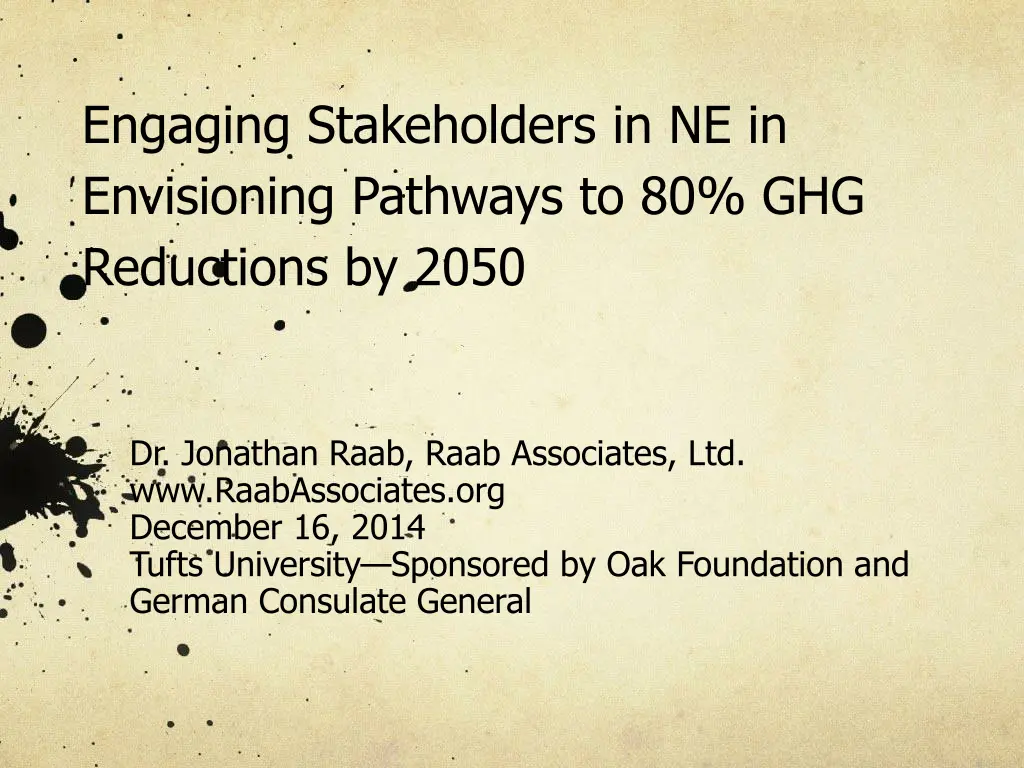
Engaging Stakeholders in New England for 80% GHG Reduction by 2050
Explore the history and principles of stakeholder engagement in energy and climate issues in New England, along with key organizations and initiatives driving progress towards 80% greenhouse gas reductions by 2050. Discover the collaborative efforts and engagement processes shaping the region's energy and climate future.
Download Presentation

Please find below an Image/Link to download the presentation.
The content on the website is provided AS IS for your information and personal use only. It may not be sold, licensed, or shared on other websites without obtaining consent from the author. If you encounter any issues during the download, it is possible that the publisher has removed the file from their server.
You are allowed to download the files provided on this website for personal or commercial use, subject to the condition that they are used lawfully. All files are the property of their respective owners.
The content on the website is provided AS IS for your information and personal use only. It may not be sold, licensed, or shared on other websites without obtaining consent from the author.
E N D
Presentation Transcript
Engaging Stakeholders in NE in Envisioning Pathways to 80% GHG Reductions by 2050 Dr. Jonathan Raab, Raab Associates, Ltd. www.RaabAssociates.org December 16, 2014 Tufts University Sponsored by Oak Foundation and German Consulate General
Outline Brief history of stakeholder engagement on energy and climate issues in New England Principles for engaging stakeholders in energy and climate issues First steps for stakeholder engagement in NE on pathways to 2050 2
New England States: History of Coordination Organizations on Energy/Air Issues New England Governors Conference Colonial Days (informally); 1937 formalized NE States Coordinated Air Use Mgt. (NESCAUM) (6 NE States 1967; NY 1970; NJ 1979) NEPOOL and ISO New England/RTO 1971 and 1997/2005 NE States Committee on Electricity (NESCOE) 2007 3
NE Stakeholder Energy/Climate Engagement Timeline: 1988-2000 4
NE Stakeholder Energy/Climate Engagement Timeline: 2001-Present 5
Illustrative NE Energy/Climate Stakeholder Engagement Processes 6
NE Electricity Restructuring Roundtable Substance Unique forum to discuss current energy and now climate policy related issues in New England. Multiple perspectives shared, new ideas often road-tested. Process Panels and keynote speakers on current issues/challenges 143 Roundtables held so far! Have been meeting 5-10 times a year for 18+ years in Boston. Roundtable now averages over 200 participants per session plus 100 live streaming, with listserv of over 3,000 New England stakeholders. September 2014 Roundtable included US EPA Secretary Gina McCarthy; FERC Chairman Cheryl LaFleur; and ISO New England CEO Gordon van Welie 7
New England Demand Response Initiative (NEDRI) Substance Developed 38 major recommendations for incorporating demand response into retail and wholesale markets in New England. Covered short-term price-responsive load, retail pricing and metering strategies, reliability-driven DR, and longer-term energy efficiency investments. Process Included representative from 45 state and federal agencies, suppliers, consumers, and environmental organizations. Met for 19 days in plenary session in 2002-2003 (June); included several work groups developed consensus report Funded by US EPA, US DOE, ISO-New England, the New York ISO, and the Energy Foundation Regulatory Assistance Project managed technical team (including LBNL/ORNL); Raab Associates facilitated the stakeholder process. 8
Regional Greenhouse Gas Initiative-(RGGI) Substance Developed a greenhouse gas cap and trade system for electricity sector in 10 Northeast and Mid-Atlantic states Reduces GHG emissions 10% below 1990 emissions by 2020, allows for offsets, and establishes a public benefits fund. 2012 review resulted in decreasing 2014 cap 45%, with additional decreases of 2.5%/year 2015-2020. Process Original RGGI Process: 24-member regional stakeholder group to provide advice and act as sounding board for states. Included separate resource panel; ICF and REMI ran energy system and economic modeling; Raab Associates facilitated 9 day-long meetings; Meanwhile, states negotiated MOU in separate, parallel process, signed in December 2005 by seven states (NY, NJ, VT, NH, CT, DE, and ME) and later joined by MD, RI, and MA. 9
NE States Develop 2020 Greenhouse Gas Plans Using Stakeholder Processes Substance Comprehensive plans covering buildings, transportation, electricity supply, solid waste, etc. Reduce GHG emissions by 10-25% below 1990 levels by 2020 Process States used stakeholder processes to develop plans in different ways generally includes steering committee, working groups, extensive state involvement, technical consultants, and facilitation RI (2001-6); CT (2002-4); ME (2003-4); VT (2008); NH (2009); and MA (2010) 10
EPA Climate Protection Awards 2005 Rhode Island Greenhouse Gas Stakeholders for the stakeholder process including plan development and implementation 2009 RGGI--recognizing RGGI as model for federal energy legislation, and each state as a climate leader 11
Engaging citizens, not just stakeholders Vermont s Energy Future (2007) What energy supply options should VT pursue in the shadow of potential HQ contracts expiring and VT Yankee relicensing? Stakeholder group develops background/options, and polling questions 5 regional citizen workshops, 800+ Vermonters, small group facilitated discussions, keypad live polling 100+ random sample of Vermonters for Deliberative Polling weekend New Hampshire Energy Facility Siting Process (2013) How should NH s siting council and siting process be improved? Stakeholder advisory committee Stakeholder focus groups/polling 5 regional citizen workshops, 300+ NH citizens, presentations, small group discussions, keypad live polling 12
VT REGIONAL WORKSHOPS Which resource options do you think should be the highest or lowest priorities to meet Vermont s future electricity needs considering all factors (cost, environmental attributes, reliability, etc.)? Resource Energy Efficiency Wind Hydro Solar Wood Methane from farms or landfill Natural gas Nuclear Oil Coal High % Low % Difference Rank 25% 22% 15% 16% 8% 7% 1% 2% 0% 2% 2% 2% 24% 20% 15% 14% 6% 5% 1 2 3 4 5 6 1% 6% 0% 1% 8% 24% 27% 32% -6% -19% -27% -32% 7 8 9 10 13 mean n = 507
Figure 12: Continue to Buy from VT Yankee? Vermont should continue to purchase electricity from the VT Yankee nuclear power plant 35 T1 Mean = 3.20 T3 Mean = 3.00 p(T3-T1) = .138 p(T3) = 1.000 32 30 29 30 24 23 25 21 20 17 Percentage 16 15 10 6 5 2 0 Disagree strongly Disagree somewhat Neither agree nor disagree Agree somewhat Agree strongly 14 Pre (T1) Post (T3)
Principles for Designing Meaningful Stakeholder Engagement on Climate and Energy Issues 1. Initiate consensus building/seeking as early as possible 2. Include all major legitimate stakeholder groups (either directly or through caucuses) 3. Consider ways of incorporating meaningful citizen input during the process 4. Do not exclude contentious or sensitive issues from stakeholder process 5. Seek as much agreement as possible
Principles for Designing Meaningful Stakeholder Engagement on Climate and Energy Issues 6. Use a joint-fact finding framework wherever possible Structure stakeholder process to supplement traditional (and state by state) regulatory & adjudicatory processes, while modifying the traditional processes to better accommodate the stakeholder processes 7. Choose your convener(s) carefully--government entities or other trusted/respected entities (foundations, academia, etc.) 8. Provide adequate resources consulting, modeling, meeting space/logistics 9. 9. Use a professional facilitator/mediator to help design and run the process 16
Envisioning 80% by 2050 in New England Has Begun NE Governors/Eastern Canadian Premiers set target 75- 80% by 2050, and some states establishing in legislation State GHG plans primarily focused on 2020 to date, but can be expanded beyond 2020 as can RGGI Acadia Center Energy Vision 2050 and The Solutions Project already lay out potential pathways to 2050 in NE MA GWSA Implementation Advisory Committee; and Barr retreat w/advocates, MA/Boston began dialogue However, no formal process in place for to develop 2050 road-map while engaging stakeholders and citizens 17

